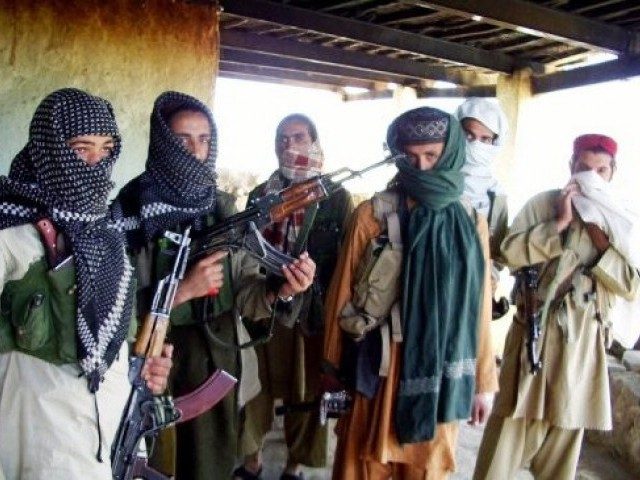U.S.-led efforts to once again add Pakistan to a global watchdog list of countries that fuel terrorism financing reportedly succeeded despite opposition from Turkey, Saudi Arabia, and its Gulf Cooperation Council (GCC) allies.
Dunya News reports:
A global money-laundering watchdog has decided to place Pakistan back on its terrorist financing watchlist, in a likely blow to both Pakistan’s economy and its strained relations with the United States.
Pakistan will be included in the list in June this year, sources told.
On Twitter, Pakistani Interior Minister Ahsan Iqbal cast doubt on the decision to deem his country a global terrorist.
Pakistani Foreign Minister Khawaja Asif acknowledged on Twitter that Pakistan had received a three-month reprieve, also noting that he was “grateful to friends who helped.”
China’s opposition to authorities adding Pakistan to the Financial Action Task Force (FATF) list comes as no surprise given Beijing’s multi-billion investment to develop infrastructure in South Asia as part of President Xi Jinping’s ambitious multi-One Bet, One Road (OBOR) projects.
The Wall Street Journal (WSJ) reports:
Saudi Arabia joined Turkey and China in a move to block a U.S.-led attempt this week to place Pakistan on an international terror-financing watch list, according to officials involved in the process, in a rare disagreement between Riyadh and the Trump administration.
….
If U.S. lobbying is successful and the task force does end up adding Pakistan to its list of countries deemed “high risk” for doing too little to curb terror financing, banks, other lenders and international companies seeking to do business with the South Asian country could rethink financial ties, putting a damper on its already struggling economy.
The United Kingdom, France, Germany, as well as other countries expressed support for America’s effort to deem Pakitan global terror financing group of global proportions.
“The proposal was initiated by a working group, which is responsible for making recommendations to the 35 member nations and two regional groups that make up the FATF plenary. The meeting continues through Friday,” notes WSJ.
Heading into the FATF meeting earlier this week, China and Turkey had already came out against the U.S. efforts to deem Pakistan a global terror group.
The Journal notes:
Turkey and the U.S. are allies as members of the North Atlantic Treaty Organisation, though they are at odds with one another.
Saudi Arabia’s move on behalf of Pakistan came just days after Islamabad said it would send more than 1,000 troops to the Gulf kingdom, which has expanded its military posture in the region since its 2015 intervention in Yemen’s civil war.
The Trump administration officially kickstarted its effort to designate Pakistan as a global terrorist on Wednesday.
WSJ notes:
The officials said the U.S. effort, which included pressure on the Saudis, raised the possibility of a fresh vote on action against Pakistan as soon as Thursday. The Pakistanis were scrambling to shore up support.
Some Republicans in the U.S. Congress have introduced legislation for the American government to add Pakistan to the United States list of state-sponsors of terrorism.
U.S. President Trump has already frozen nearly $2 billion in security aid until Pakistan takes decisive action against terrorist groups fighting American troops and their allies in Afghanistan, namely the Taliban and the Haqqani Network, but Islamabad continues to refuse.
Islamabad has long denied harboring jihadist groups.
Diaa Hadid, an Islamabad-based reporter for National Public Radio (NPR), notes that it “would make it harder for Pakistan to obtain international loans and for investors to come here. That would be a punishment for Pakistan because the economic situation right now is quite precarious.”

COMMENTS
Please let us know if you're having issues with commenting.